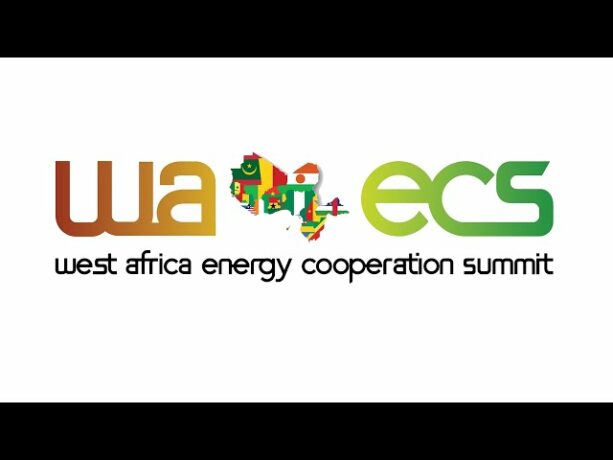
Efforts to eliminate child labour in cobalt supply chains need to address root causes or risk further jeopardizing children’s safety and well-being
OTTAWA, Canada, July 14, 2023
IMPACT’s new research reveals how poverty is a driving force behind child labour in Democratic Republic of Congo’s (DRC) artisanal cobalt mines.
Among rising costs, families are struggling to make ends meet. Many are going hungry. Children work when families get desperate, leading to a reliance on income from child labour to cover basic needs like food, clothing, or school fees.
In its latest research report, How Households Depend on Children’s Income: The Case for Improving Women’s Livelihoods to Eliminate Child Labour in Democratic Republic of Congo’s Cobalt Sector (https://apo-opa.info/3rkYTBg), IMPACT finds that families depend most on women’s income. When mothers are struggling, children step in to help. Some are encouraged by their parents, or independently follow their siblings, friends, and neighbours.
Accompanying the report is a multimedia feature, Meet Gloria (MeetGloria.ImpactTransform.org), which shares the story of an artisanal cobalt miner in DRC who works alongside her children.
“Children’s health, safety, and well-being needs to be a priority. We need to ensure that efforts to address child labour in the cobalt supply chain don’t displace children to other mine sites or more precarious situations but address the underlying reasons for their work,” said Joanne Lebert, IMPACT’s Executive Director.
Artisanal cobalt mining provides the highest income in the area for children and other community members, with children earning up to $2.50 USD each per day. Children usually give their earnings to their mothers who use it for basic household necessities like food.
Despite a government promise for free education, parents must pay fees to cover teacher salaries and school operating costs. When young children are expelled from school for not paying these fees, mothers are forced to deal with a lack of available and safe childcare options. Unable to leave their young children at home by themselves, they bring them to the mine site.
We heard from many mothers that they wished for a different life for their children, but they felt backed into a corner
“We heard from many mothers that they wished for a different life for their children, but they felt backed into a corner. Artisanal cobalt mining has the potential to spur economic development for DRC and its communities. But we need to invest in women artisanal cobalt miners to ensure they can provide for their families and deliver on this potential,” said Lebert.
Just like for their children, artisanal cobalt mining is the preferred income for women in the area. Women choose mining as it’s the highest earning job in the region, they have cash at the end of each day, and it requires no investment, little training, or skill. But inequality at the mine sites is prevalent. They take on the lowest paid roles such as washing ore, reported being cheated on price when selling their minerals, or even prevented from accessing some mine sites.
IMPACT found that if children’s income is paying for family needs like food, then as a first step to tackle child labour, the income of the main breadwinners—the women—needs to increase.
Women across the artisanal cobalt mining sector need:
- skills and tools to take on higher paid roles within mine sites
- support towards fair pricing, health and safety measures, and community savings
- voices in decision making within their homes, mine sites, and communities
- access to women-led organizations including cooperatives or mining associations
IMPACT is calling on investment into locally women-led programs as essential complementary measures to responsible sourcing projects in cobalt.
Cobalt is widely used in batteries for electronics including electric vehicles. Demand for the mineral is surging as it’s become critical in the clean energy transition. More than 70 percent of cobalt is sourced from DRC—with an estimated 30% by artisanal miners.
Learn more online: MeetGloria.ImpactTransform.org



